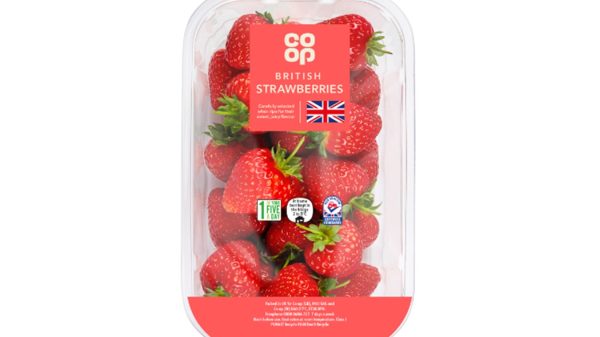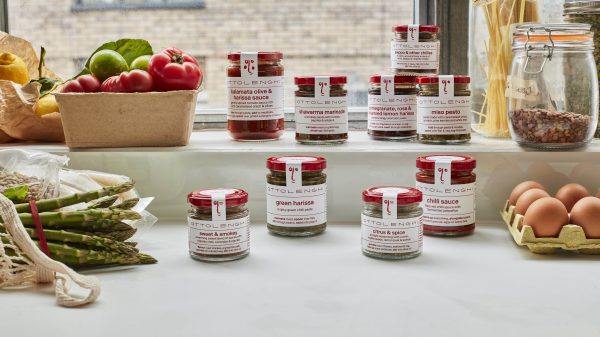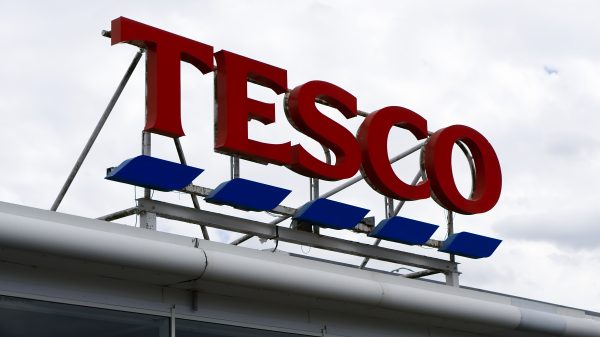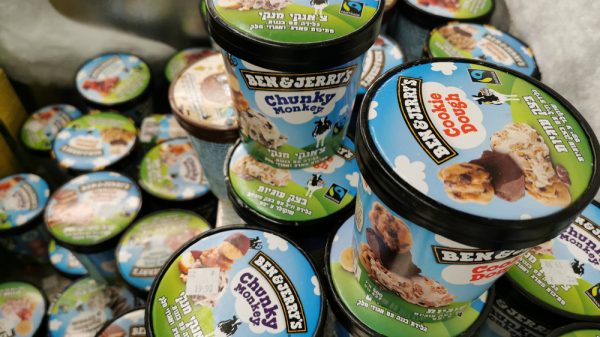The world’s biggest ice cream manufacturer Unilever – which owns Ben & Jerry’s and Wall’s ice cream – has launched a new trial for warmer ice cream freezer cabinets in a bid to reduce energy use and greenhouse gas emissions by approximately 20 – 30% per freezer.
The trials will explore the product performance of Unilever’s ice cream and the energy consumption of freezers at warmer 12°C temperatures.
With the current industry standard in many markets of -18°C, Unilever’s ambition is to move the temperature of its retail sales freezers to -12°C to improve energy efficiency and reduce greenhouse gas emissions, in a move which it hopes will drive industry-wide change.
READ MORE: Marmite owner Unilever hikes prices by 8% as cost pressures mount
After the trials, the FMCG giant plans to ‘warm up’ its last-mile freezer cabinets in a phased approach.
The two trials start later this month with the first trial launching in Germany, and the second in Indonesia next year.
Emissions from retail ice cream freezers account for 10% of Unilever’s value chain greenhouse gas footprint.
“These pilots will provide valuable information on how much energy we can save and how our ice cream products perform in warmer freezers to ensure we deliver the same great-tasting ice cream,” Unilever president of ice cream Matt Close said.
“We’re actively seeking to collaborate with partners from across the ice cream and frozen food sectors to drive industry-wide change, so the collective positive impact is far greater.”
Click here to sign up to Grocery Gazette’s free daily email newsletter










